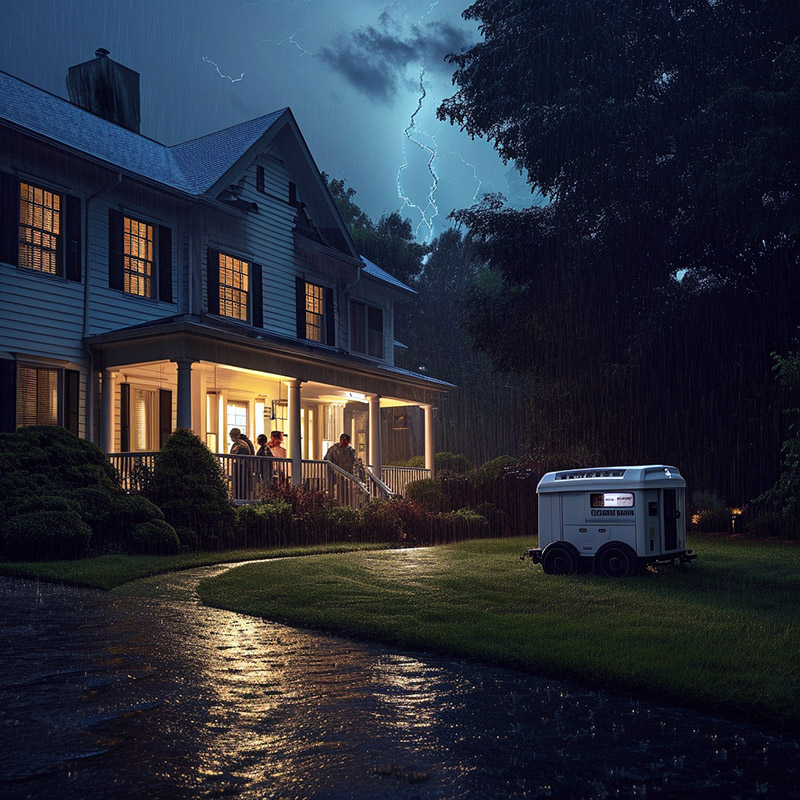
Many households are turning to portable generators as a backup source of electricity. While generators can be a simple and effective alternative power source, consumers should be sure to utilize them properly to avoid bringing danger into their own homes.
"Too many homeowners are unaware of the proper use and maintenance of a generator," said Tony Weir, Coleman Powermate. "Generators can be a great convenience during a power outage but there are certain common sense precautions that need to be taken."
When using a gas-powered generator it is crucial to remember the following items:
- Never run your generator indoors or in a poorly ventilated area such as a garage. Generators, like all other engines, exhaust carbon monoxide gas, which can be deadly.
- Have an adequate supply of fuel for your generator and keep combustible materials such as gasoline cans away from heat sources. Always fill the generator with fuel in a well-ventilated area while the generator is turned off after allowing adequate time to cool (5 minutes).
- Use the appropriate sized power cords to carry the electric load. Overloaded cords can overheat and cause fires. Never run generator cords under rugs or carpets where heat might build up or damage to a cord could go unnoticed.